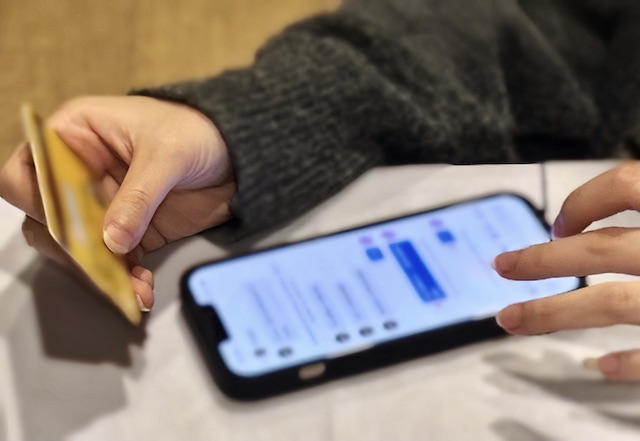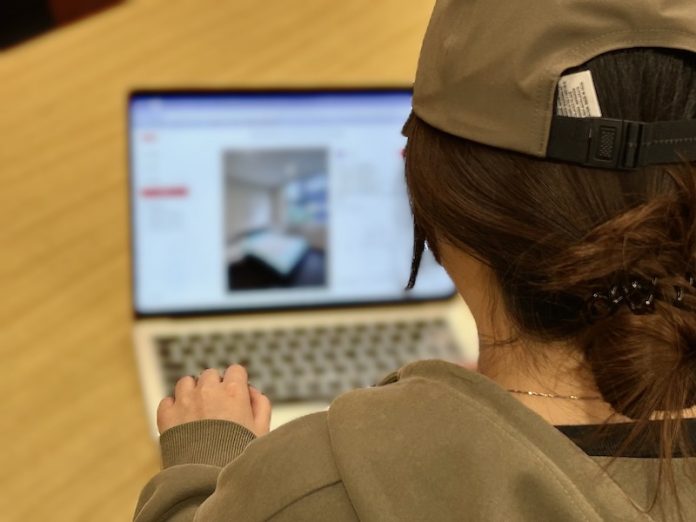International students using the Chinese app Little Red Book are being scammed by fake landlords who gain trust through polished posts and then disappear with deposits.
A special SBS news report revealed that international students lost thousands to rental scams on Little Red Book, with some losing as much as $7,200.
International students recently shared Little Red Book posts about being scammed to warn their peers

Meilin Chen (not her real name), an international student at the University of Sydney, lost $2000 in a rental scam. Ms Chen first came across the rental post on Little Red Book in July 2024, which featured room pictures, location details, and several positive comments.
“I thought Little Red Book was a reliable platform because many of my friends had used it to find housing, and I also felt it was easier to communicate since everyone was Chinese,” Ms Chen said.
After arriving in Australia, Ms Chen met the fake landlord and was shown an apartment that matched everything in the post, so she trusted him. The trust was misplaced — the scammer had temporarily rented the apartment through Airbnb and falsely presented it as his own.
“After I paid the deposit of $2000, he disappeared. I reported it, but the police couldn’t find him, and the money was gone,” she said.
The red flags included the scammer asking her to pay a full month’s rent upfront when only two weeks is usually required in Australia. She added that communicating only on Little Red Book made the scammer untraceable once the account was deleted. Using a more stable platform like WeChat or Facebook could help verify the landlord’s identity, she said.

Student Accommodation Council executive director Torie Brown said international students were vulnerable when they arrived in Australia, as “they don’t understand our rental laws” and “there are people who take advantage of that.”
Ms Chen’s experience illustrates this vulnerability, but she was not alone. Yuqing Zhang (not her real name), another international student at the University of Sydney, was targeted by a similar scam, but recognised the red flags and avoided losing money.
Ms Zhang was initially attracted by the low rent for the Sydney Haymarket area, a desirable central location, and then contacted the poster via WeChat.
“At first, she was very friendly and sent me an official rental contract, so everything looked very real,” she said. “But I still felt uneasy because I wasn’t in Australia and couldn’t see the apartment in person. I asked if we could video call so I could see the apartment, but she said she wasn’t in Australia and refused my request, which seemed odd.”
Ms Zhang then asked the landlord for ID, but what she received made her even more suspicious. “She said she was Chinese, but her passport didn’t look like a Chinese passport at all.”
After consulting a relative familiar with official documents, Ms Zhang discovered the ID provided was not a passport but a US visa.
“She couldn’t give any reasonable explanation about her ID, and a few days later, I found that her Little Red Book account had been deleted,” she said.
Reflecting on the experience, Ms Zhang advised: “There’s no need to rush into paying a deposit from overseas, because it’s safer to seek temporary accommodations and inspect properties in person after arriving in Australia.”

Kexin Liu, a representative from Hino Student who responds to rental enquiries, said she had heard of many such cases and provided some advice.
“One student told me the scammer claimed to be Malaysian and only communicated through Little Red Book, then disappeared after receiving $2,000,” she said.
Ms Liu said some scammers mimicked agency properties and included fake details such as rent terms or bond requirements, but “if these properties aren’t officially verified or supported by legal agencies, none of that means anything”.
To reduce these risks, she said students may be safer using licensed agencies or verified rental platforms like Realestate or Domain for legal protection.
Ms Liu also suggested universities include rental safety education in orientation programmes, and social media platforms should require certification from users who post housing-related content.
These efforts could reduce scam risks and help students feel safer and more supported in a new environment.“Apart from studies, having a safe home is also significant,” she said.
This story is based on real experiences shared by the author and a close friend. Names have been changed to protect their privacy.
